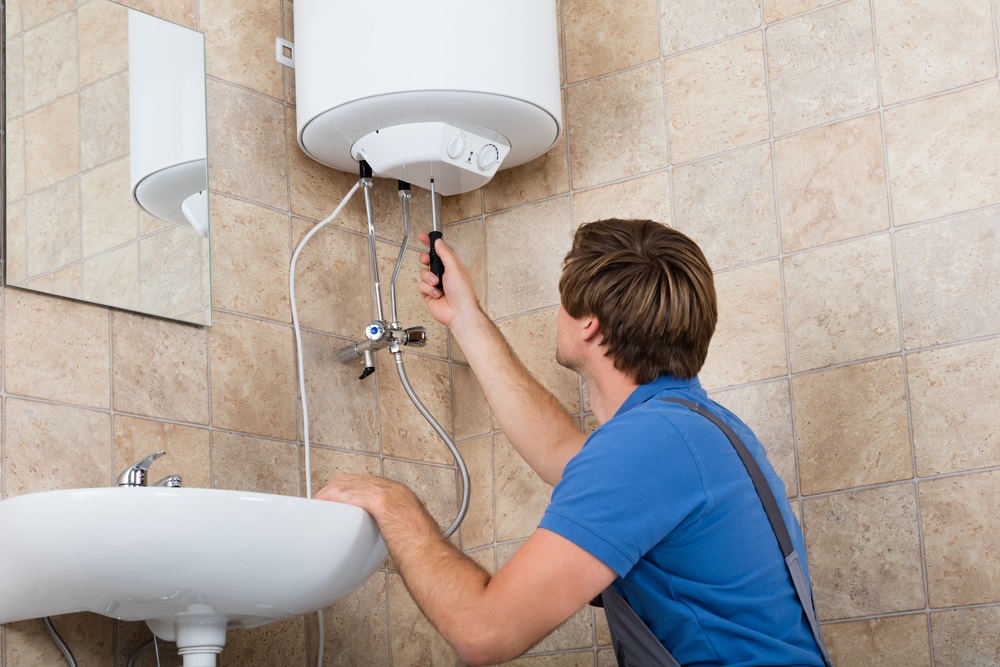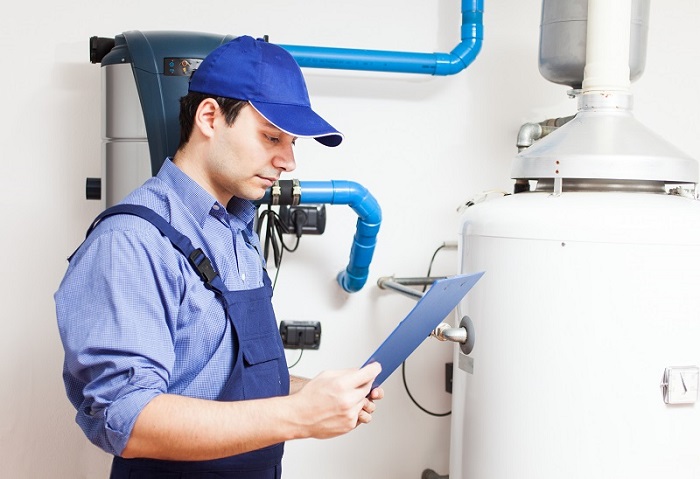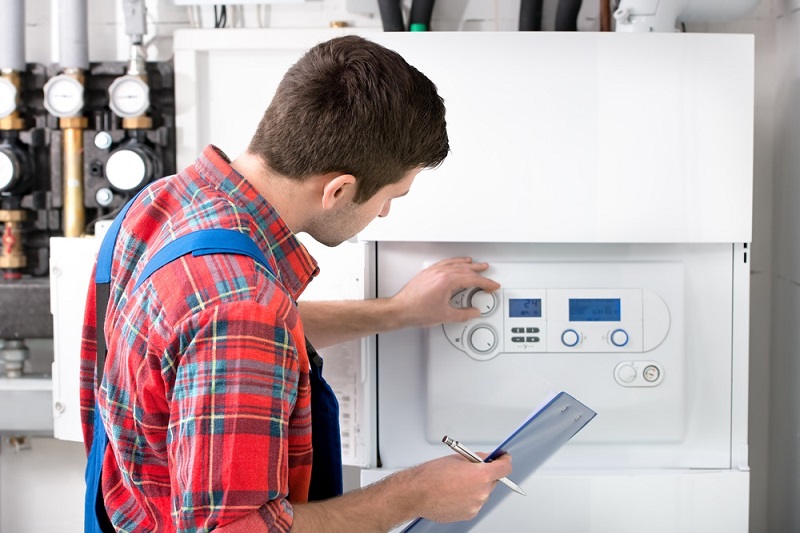As energy prices continue to rise and the push for environmentally friendly living grows stronger, more homeowners and businesses are turning to hot water heat pumps as a cost-effective, energy-efficient alternative to traditional water heaters. These systems not only reduce utility bills but also help lower carbon footprints — making them a smart choice for modern, sustainable living.
In this comprehensive guide, we’ll explore what hot water heat pumps are, how they work, their benefits, types, installation considerations, and why they’re becoming increasingly popular in homes and businesses across the world.
What Are Hot Water Heat Pumps?
Hot water heat pumps, also known as heat pump water heaters (HPWHs), are advanced systems that use electricity to move heat from the air or ground to heat your water, instead of generating heat directly. This makes them significantly more energy-efficient than conventional electric or gas water heaters.
A hot water heat pump works like a reverse refrigerator. While a refrigerator removes heat from inside and releases it outside, a heat pump pulls warmth from the surrounding air and uses it to heat water stored in a tank.

How Do Hot Water Heat Pumps Work?
The technology behind hot water heat pumps is based on thermodynamics and the refrigeration cycle. Here’s a simple breakdown of the process:
- Air is drawn into the unit via a fan.
- The heat from the air is transferred to a refrigerant.
- The refrigerant is compressed to increase its temperature.
- The hot refrigerant passes through a heat exchanger, transferring the heat to the water in the storage tank.
- The cooled refrigerant is then recycled, and the cycle continues.
Because they transfer heat instead of generating it, hot water heat pumps can be more efficient than traditional electric heaters.
Benefits of Hot Water Heat Pumps
Switching to a hot water heat pump comes with a wide range of benefits, both environmental and economic:
- High Energy Efficiency
Heat pumps use less electricity because they move heat rather than create it. This can result in up to 60-70% savings on water heating costs compared to conventional systems.
- Lower Carbon Emissions
Because they use less energy, hot water heat pumps contribute to reduced greenhouse gas emissions — ideal for those aiming for an eco-friendly home or business.
- Eligible for Rebates and Incentives
Many governments and energy providers offer rebates, tax credits, or incentives for installing energy-efficient systems like heat pump water heaters.
- Long Lifespan
With proper maintenance, a hot water heat pump can last 10–15 years or more, often longer than traditional electric or gas heaters.
- All-Season Performance
Modern heat pumps are designed to work efficiently even in cooler climates. Some systems include a backup electric heating element for extremely cold weather.

Types of Hot Water Heat Pumps
When considering a hot water heat pump, it’s important to choose the right type for your home or business:
- Integrated Heat Pump Systems
- Heat pump and water storage tank are combined into a single unit.
- Ideal for new installations or when replacing an existing system.
- Split Systems
- The heat pump unit is located outside, and the storage tank is inside.
- Offers more flexibility in placement and often operates more quietly indoors.
- Add-On Systems
- Retrofit a heat pump onto an existing storage tank.
- Cost-effective solution if your current tank is still in good condition.
Installation Considerations
Before installing a hot water heat pump, there are several factors to consider:
Location
Heat pumps work best in well-ventilated areas with access to ambient air. Install in a space like a garage, utility room, or outdoors (for split systems).
Space Requirements
Make sure there is enough clearance for airflow and maintenance. Consult with a licensed installer to determine the ideal setup.
Water Usage Needs
Select the appropriate tank size based on your household size and hot water usage patterns.
Power Supply
Ensure your electrical system can support the heat pump’s requirements. Some systems may need dedicated circuits.
Professional Installation
Always hire a licensed and experienced plumber or HVAC technician to install your system according to manufacturer guidelines and local regulations.
them a more economical and sustainable choice.

Maintenance Tips for Hot Water Heat Pumps
To keep your system running efficiently for years, follow these maintenance tips:
- Annual Servicing: Have a professional inspect the unit each year.
- Clean Air Filters: Ensure unobstructed airflow by cleaning or replacing filters regularly.
- Flush the Tank: Remove sediment buildup from the storage tank annually.
- Check for Leaks: Periodically inspect pipes, fittings, and valves for signs of wear or leaks.
- Monitor Performance: If hot water output drops or energy bills rise unexpectedly, call a technician.
Are Hot Water Heat Pumps Worth It?
For most homes and businesses, the answer is a resounding yes.
While the initial cost of a hot water heat pump may be higher than traditional systems, the long-term benefits in energy savings, durability, and environmental impact make it a smart investment — especially when paired with renewable energy sources like solar panels.
Final Thoughts
Hot water heat pumps are revolutionizing how we heat water — offering high efficiency, lower costs, and sustainable performance. Whether you’re building a new home, upgrading your existing system, or managing a commercial facility, installing a heat pump water heater is a forward-thinking solution.
By choosing a certified installer and selecting a unit that suits your needs, you can enjoy hot water on demand while making a positive impact on both your wallet and the planet.

